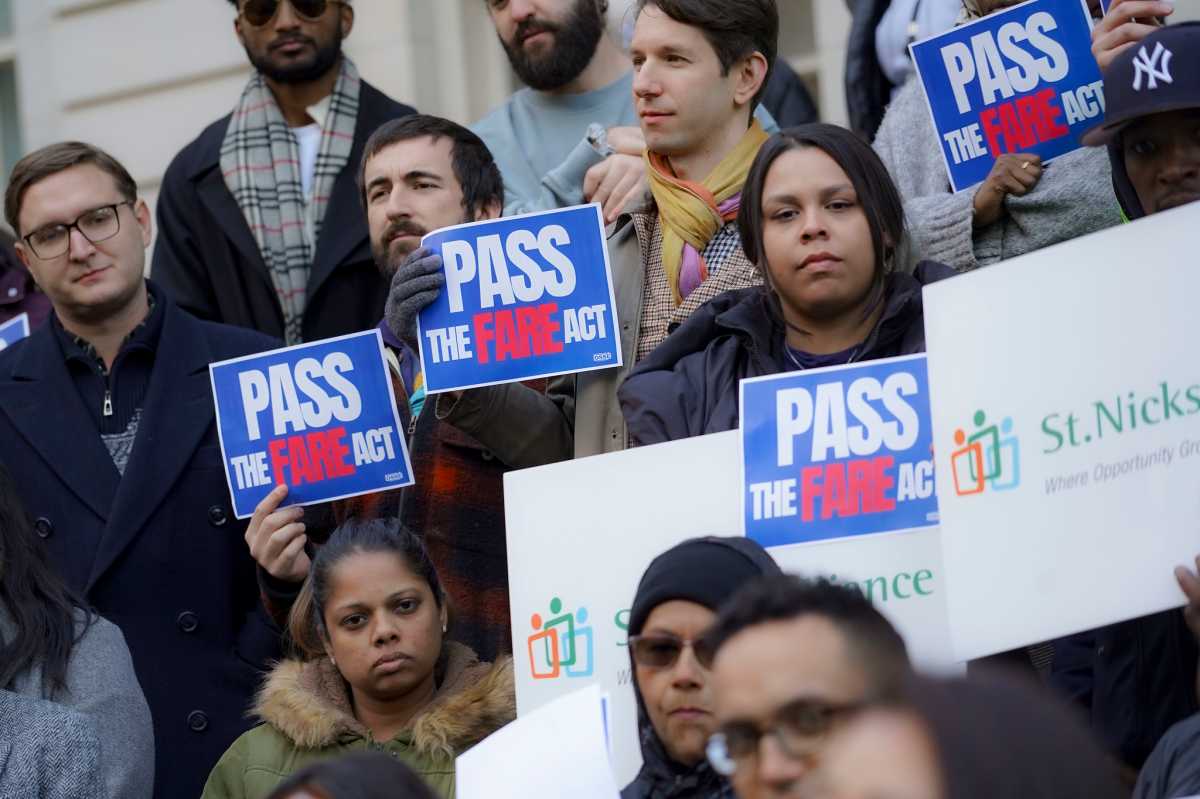The New York City Council passed a landmark bill on Wednesday, aiming to relieve renters of paying hefty broker fees — a cost that will now fall on the party who hires the listing agent. Known as the FARE Act (Fairness in Apartment Rentals), the legislation passed with a veto-proof majority of 42-8, despite opposition from Republicans and conservative Democrats.
Among the most vocal opponents was Queens Council Member Vickie Paladino , who argued passionately against the bill before casting her “no” vote. Paladino warned that the legislation would harm small business owners, particularly real estate agents, and lead to a rise in rents. She contended it would result in thousands of rental units going unadvertised and urged the real estate industry to challenge the law in court.
“I sincerely hope that the real estate industry sues to have this law stopped,” Paladino said, emphasizing her concerns over the potential impacts on both renters and real estate professionals.
While Mayor Eric Adams has not stated if he will sign the bill, he has echoed some of Paladino’s concerns. In a recent interview, Adams expressed reservations, suggesting that the legislation might ultimately lead to higher rents as landlords could absorb broker fees into monthly payments. “We should have thought this through better,” he said, adding that the decision is now up to the city to live with.
The FARE Act’s proponents, including primary sponsor Brooklyn Council Member Chi Ossé, argue that the bill will remove a significant financial burden on renters. “In too many millions of cases across our city and decades of history, tenants have been forced to hand over thousands of dollars in fees to brokers they never hired nor wanted,” Ossé said. “Today is a win for the people of New York as we make official what has long been common sense.”
Manhattan Council Member Shaun Abreu, another key supporter, noted the immediate financial relief this legislation would offer to renters, particularly in high-cost districts like his own, where moving costs can easily exceed $12,000.
However, real estate industry leaders maintain that the bill will have unintended consequences. They argue that landlords may increase rents to offset the broker fees, potentially leading to higher monthly costs for renters. Additionally, they believe the new law limits renters’ choice by eliminating listings that previously allowed renters to decide if they wanted to pay a broker fee.
The City Department of Consumer and Worker Protection is set to enforce the new rules, with fines of up to $2,000 for violations. City Council Speaker Adrienne Adams expressed surprise at the mayor’s concerns, pointing out that his administration had been involved in the bill’s development. “We worked together with the administration on this bill… They raised no major issues,” she said.
With the city’s affordable housing crisis intensifying, the passage of the FARE Act represents a significant shift in New York’s approach to broker fees — but the debate over its impact on renters and the real estate market is likely far from over.



































